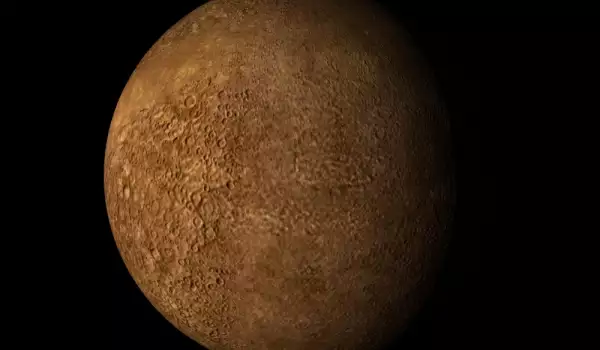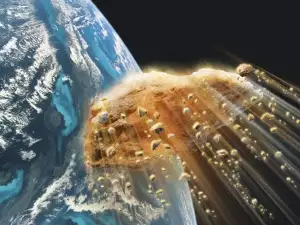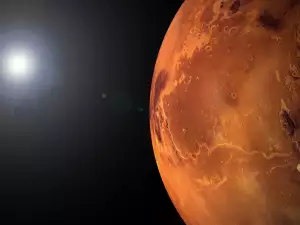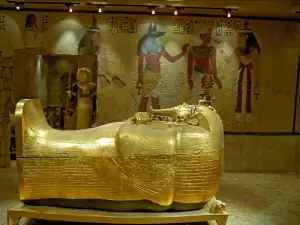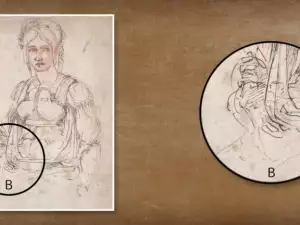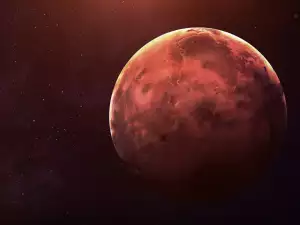A NASA probe has managed to detect ice on the planet closest to the Sun - Mercury. The photographs showed that the ice was sunken within a crater on the smallest planet.
The temperature on Mercury exceeds 750°F (400°C), which is why astronomers had never even considered that the planet could possibly contain water or ice.
It is presumed that some of the discovered pieces had formed relatively recently, while the presence of dark matter was registered in others.
Some of the craters on the planet remain in the shade and the ice manages to survive. The low levels of light in these regions created the right conditions to allow the water on the planet to freeze.
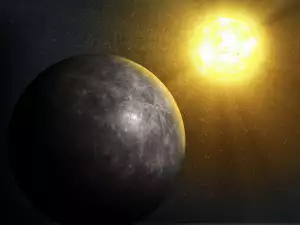
The discovery has to do with NASA's MESSENGER mission. In 2011, NASA scientists sent out a probe to prove whether the north pole could be harboring billions of tons of water ice.
For decades, scientists had been proposing that most of the planets in the solar system do contain water ice. Back in the 90s, the Arecibo Observatory in Puerto Rico managed to receive signals, evidencing the presence of water on Mercury.
These proposals were first made in the 70s, after reading the mapped data from the Mariner 10.
At the moment, Nancy Chabot from the Johns Hopkins University Applied Physics Laboratory and her colleagues are investigating the Prokofiev crater.

"The results are somewhat surprising, because the sharp boundaries indicate that the volatile deposits at Mercury’s poles are geologically young, relative to the timescale for lateral mixing by impacts. One of the big questions we’ve been grappling with is: When did Mercury’s water ice deposits show up? Are they billions of years old, or were they emplaced only recently? Understanding the age of these deposits has implications for understanding the delivery of water to all the terrestrial planets, including Earth, " stated Nancy in front of the BBC.
The find will aid in revealing the differences between the craters on the Moon and those on Mercury, thus providing a clearer picture of the history of water in our solar system.
